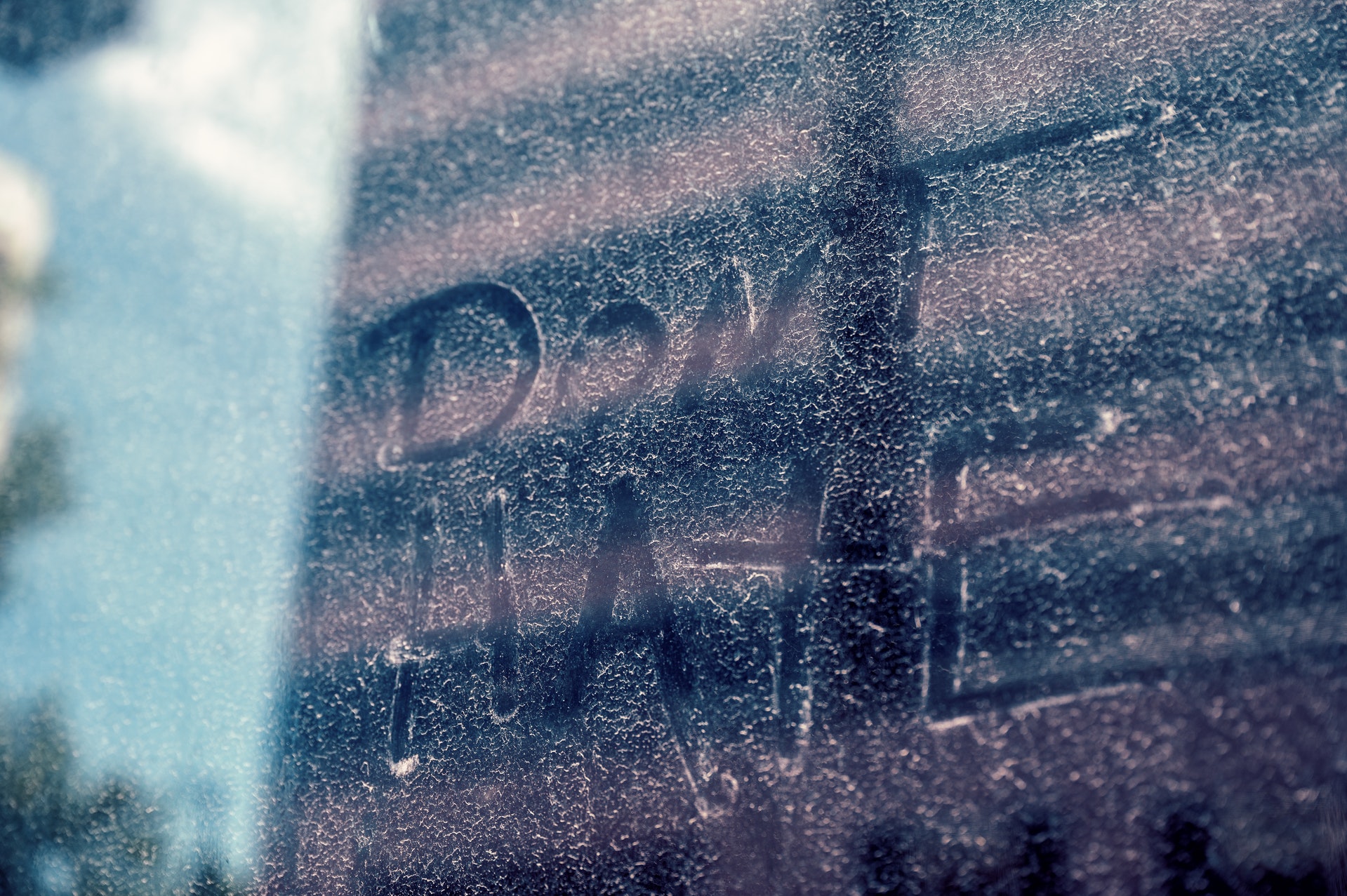Share This Article
As part of Reconciliation Week, Jack Lynch analyses the road to reconciliation and how far we have come.
To Australians, reconciliation is coming to be understood as more than just an apology. First Nations affairs have seen an undisputed and imperative increase in prominence. Every institution I have been fortunate enough to be a part of has internalised the concerns of First Nations Australian culture as a fundamental concern of their own. There has been a common, dual recognition within the institutions that is, in my view, the most helpful, healing means of continual reconciliation: A strict intolerance of bigotry in both action and culture, and an embrace of the uniqueness of First Nations culture to all facets of life. In one’s pursuits of academia, sport, thought and spirituality, a recognition of the unique perspectives that come from ancient Aboriginal wisdom are nothing but beneficial. They should thus be embraced with an open mind. I hold these two aspects as the core of achieving reconciliation, and they encapsulate what Sorry Day personally represents.
Current rhetoric centralises the fact that our Australian society has not come far enough, and that the ongoing process of reconciliation is by no means nearing its end. While continual effort is necessary long as inequity and intolerance continue to exist, Australia must also recognise that it has made great social and institutional strides to create a culture that presently, and must continue to, serve as a vehicle for widespread change in reconciliation’s pursuit.
This vehicle has momentum, and a reconciliatory conversation is deeply underway. It has reached our lawmakers, with the possibility of substantial constitutional recognition of our First Nations people a growing prospect with the Government’s allocation of $7.3 million for the co-design of models to improve local and regional decision making and to explore options for constitutional recognition. While there are no guarantees that such recognition will take place as a direct consequence of the funding, it asserts that the most vital first step has been taken to effectuate substantial, longstanding and meaningful change – a conversation on reform has been driven by public culture into our lawmaking bodies.
The harsh systemic injustices of historic forced child removal is a fundamental focus of Sorry Day, and the elimination of its ongoing effects underpins the purpose of reconciliation. Crucially, this sentiment is echoed by the leaders of various influential organisations, and is both internalised and acted upon by its members. Across Australia, many of the schools, colleges, businesses, churches and local governments I have had contact with have committed to embodying a constructive culture as the first step towards reconciliation’s dual nature. Initiatives on reflection and cooperation in combating racist rhetoric in the classroom are complimented by equity initiatives in schools and universities to address roots of education economic inequality for our First Nations youth.
While there have been marked shifts in a focus on reconciliation, there is still much to be done. As the ‘predominant themes’ of the Bringing Them Home Report, the ‘grief and loss’ caused by separation of First Nations Australians from their families and communities permeates deep into the lives of surviving generations today. Profoundly concerning to me is the continual separation of First Nations youth from kinship groups. For many, the disconnection has severed an ancestral link to their identity as First Nations Australians in being denied continual practice and expression of culture, and a continual contact with traditional kinship groups. Consequently, disproportionate rates of poverty, health issues and social alienation plague many First Nations communities today, as this severed connection to traditional identity obstructs a true cohesion with the Australian society that has surrounded them. The past injustices which have alienated First Nations generations from their traditional identity underpin the many issues we still face in reconciliation today, and it is from my experiences talking to Wiradjuri peers, teachers and elders that remedy of precisely such cultural disconnection will do much for healing our nations historic injustices.
Our efforts in reconciliation as Australians are far from over. However, I find great encouragement in seeing the integration of extensive cultural programs by rural and regional schools to reintroduce young First Nations students to aspects of their local language, art and customs. To me, this is a fundamental aspect of reconciliation in practice. As institutions recognise the importance of reconnecting youth to their First Nations identity, they work to combat both systemic racism and prejudice amongst one’s peers to instead embrace a respect for unique Aboriginal heritage. Subsequently, these continual efforts ultimately work to remedy the Stolen Generation’s separation from both kin and identity in a continual pursuit of reconciliation. Australia’s emergent culture against both cultural and systemic racism assists the reconnection of our First Nations youth to their language, spirituality and identity as the next key steps in our continual pursuit of reconciliation.
This piece appeared as part of Reconciliation Week.
Image: Pexels



